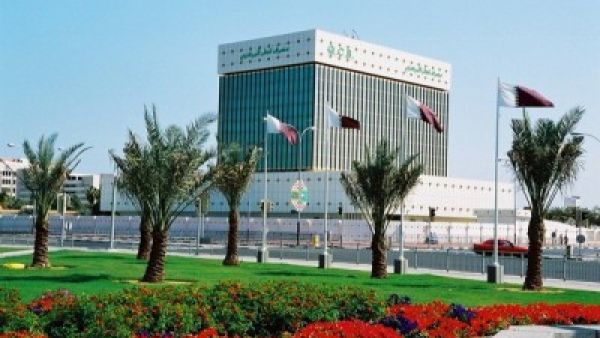Qatar's Ministry of Finance announced Tuesday that all state-owned companies in the country must seek the ministry's approval before engaging in any borrowing activity in an effort to avoid unsustainable debt levels, according to Reuters.
The guidelines have been established to curb spending splurges ahead of Qatar's hosting of the 2022 World Cup. The country is already projected to spend billions of dollars on its infrastructure to prepare for the world-class event, including $140 billion on a rail system, new airport, major new roads, and the tournament stadiums over the next ten years.
If Qatar's spending is not managed in a careful manner, the government believes that the economy could destabilized from rapid inflation in real estate prices and excessive debt accumulation within state-based companies.
Qatar hopes that the new borrowing rules will help the country avoid an economic crash comparable to Dubai's 2009-2010 crisis. "When you have a lot of government-related entities borrowing simultaneously there can be an issue with coordination and build-up of contingent liabilities that, as we've seen, can really hurt the lending banks," said Moody's banking analyst Khalid Howladar.
Under the new rules, any Qatari company with a "significant" government shareholding must obtain the aforementioned ministry approval for any exposure that is linked to bank loans, bond issuance, or derivatives trades and hedges. However, state-owned energy producer Qatar Petroleum (QP) has been exempted from the new rules. Furthermore, no definition of what constitutes "significant" in terms of government shareholding has been made public.
Reuters could not reach Senior Qatar officials Tuesday to discuss the rules in more-depth, according to the report.








